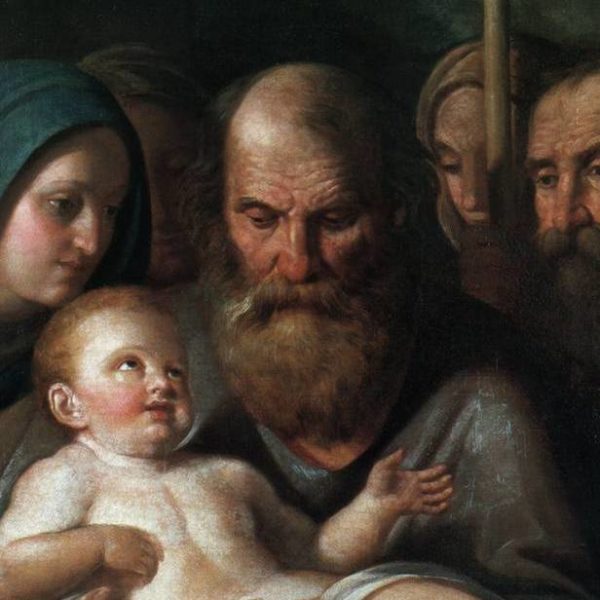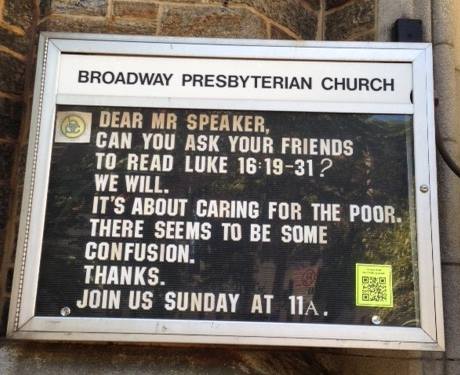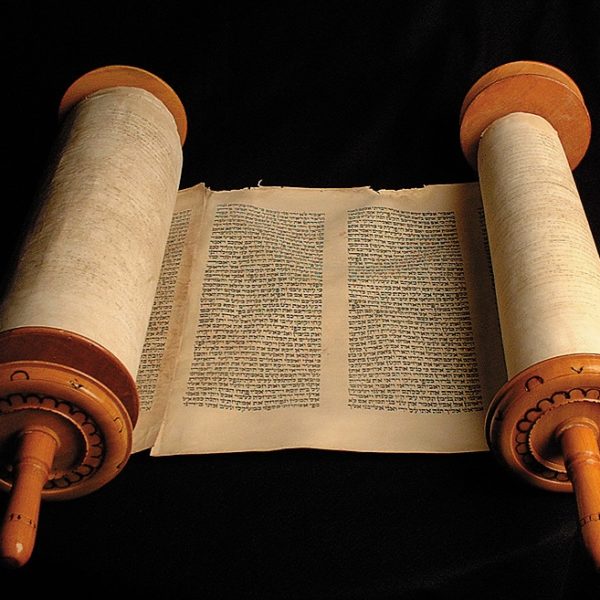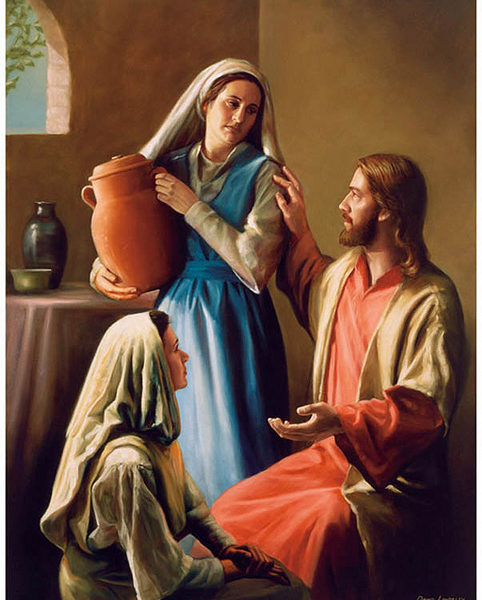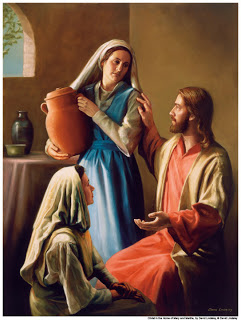
Last week I sat supping tea, on a glorious summer’s day, in a garden with one of my favourite people in the world. My friend raised one of those questions about women as bishops which is not usually part of the narrative (certainly among those of us who treat this matter as urgent): Why on earth do women want to be bishops anyway? Her question was not prompted by any anxiety about women’s ministry or place within the church. Rather her question was prompted by concern about how bishops are ‘seen’ in the C of E, that is, about how clergy and laity behave around bishops.

That the resurrection is a beleaguered doctrine in North America and in Europe is hardly a new revelation. For all its technological wonders, modernity is uncomfortable with old-fashioned miracles. Pre-modern ways of talking about Jesus’ resurrection don’t translate easily for an audience that demands scientific corroboration and empirical evidence. As a result, Christianity has chastened and tamed this story in a number of ways.

And so it is to Jerusalem that Jesus must go. Why Jerusalem? How would the scene have played out differently if the Pharisees, in their plotting, had simply arranged to have Jesus murdered on the road – on his way to the city? What if Jesus had never come to Jerusalem? To the temple? What if he died and even was resurrected while preaching the good news of God’s Kingdom in Galilee? What’s so special about Jerusalem?
